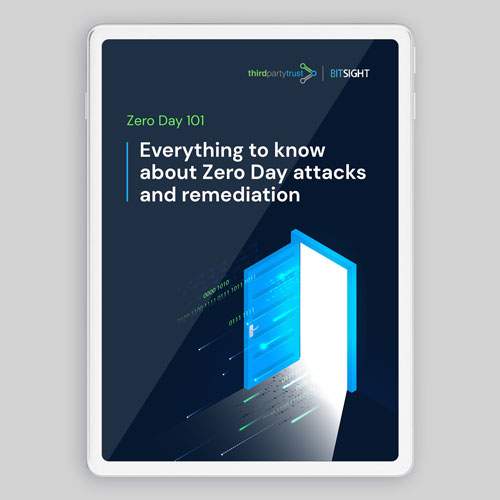How to Make Cybersecurity A Priority in Your Organization
Is cybersecurity still an afterthought in your organization?
As organizations increasingly rely on technology, one of the biggest challenges in digital transformation is ensuring security, privacy, and compliance.
Cybersecurity isn’t always a priority for organizations, nor is it perceived as a revenue generator, which often means it becomes an afterthought to businesses with growth on their minds. However, the evolution of the threat landscape and an increased awareness from customers have made security a business differentiator for companies who show that they take security seriously.
Fortunately, many organizations are quickly realizing that cyberattacks are not a matter of IF, but WHEN. The time, effort, and money spent remediating cyberattacks is a much greater risk than the upfront cost of ensuring that the protective measures are in place.
The ultimate choice is to either prepare proactively or fail to plan and face financial, operational, and reputational damage when remediating a potential attack.
Why is security an afterthought?
Investing in cybersecurity is often seen as a nice-to-have, or as necessary insurance. Some organizations might even hope they never get to execute their Business Continuity or Disaster Recovery plans. But by leveraging the many security measures available today, companies can build out robust and secure business plans.
Conducting business online, using SaaS solutions, and engaging with third party vendors have inherent risks. Some are more severe than others. But poor cybersecurity can make your organization, and often those you connect with, more vulnerable to those risks.
Digital transformation and mass remote work expanded the corporate attack surface and exposed new gaps. Cybercriminals target unpatched Virtual Private Network (VPN) services and Exchange servers, hijacked Remote Desktop Protocol (RDP) endpoints protected by weak or breached passwords, as well as misconfigured cloud systems, and more.
They also leverage the usual gateways into a corporate network, such as software vulnerabilities, zero day exploits, and phishing attacks. However, as much as cybercriminals refine their techniques, human error still accounts for the majority of all cybersecurity breaches.
Read More: How to Prevent Phishing in the Workplace
How to Make Cybersecurity A Priority
Going from afterthought to priority is not as hard as it may sound. We’ve covered this in our on-demand webinar, How To Convince Your Company that Risk Management is a Priority.
Below are some additional tips:
- Show the evidence. The vulnerabilities and supply chain effects Kaseya, SolarWinds, and Log4j suffered can help you make your case.
- Focus on increasing visibility. If you’re not actively prioritizing risk management, your company doesn’t know how much risk it is exposed to. In other words, you can’t fix what you can’t see.
- Explain the big picture. Cybersecurity goes beyond preventing and recovering from attacks; it also supports business digital growth, ensuring regulatory compliance, and building trust with customers.
- Leverage automation. If one of the roadblocks is the lack of trained resources, present dedicated tools and process automation as a solution.
- Do a cost breakdown. If budget is a constraint, explain that reduction in annual loss expectancy (ALE) will be greater than the cost of the cybersecurity investment.
- Promote the culture. Turn the company staff into a formidable first line of defense, and help create a culture of cybersecurity first with training and resources.
Read More: 10 Tips from a CISO to prevent Ransomware
As cyberattacks and their potential impact grow, the imperative for cybersecurity and resilience is becoming increasingly important for businesses of all sizes in every industry.

Don’t let zero days be “wake up calls.”
Unpredictable vulnerabilities will be an ongoing concern for security teams inthe foreseeable future.
In this guide you will learn the fundamentals of zero days, patterns from our statistical analysis, and tips to reduce risk and remediate zero days if/when they happen.




